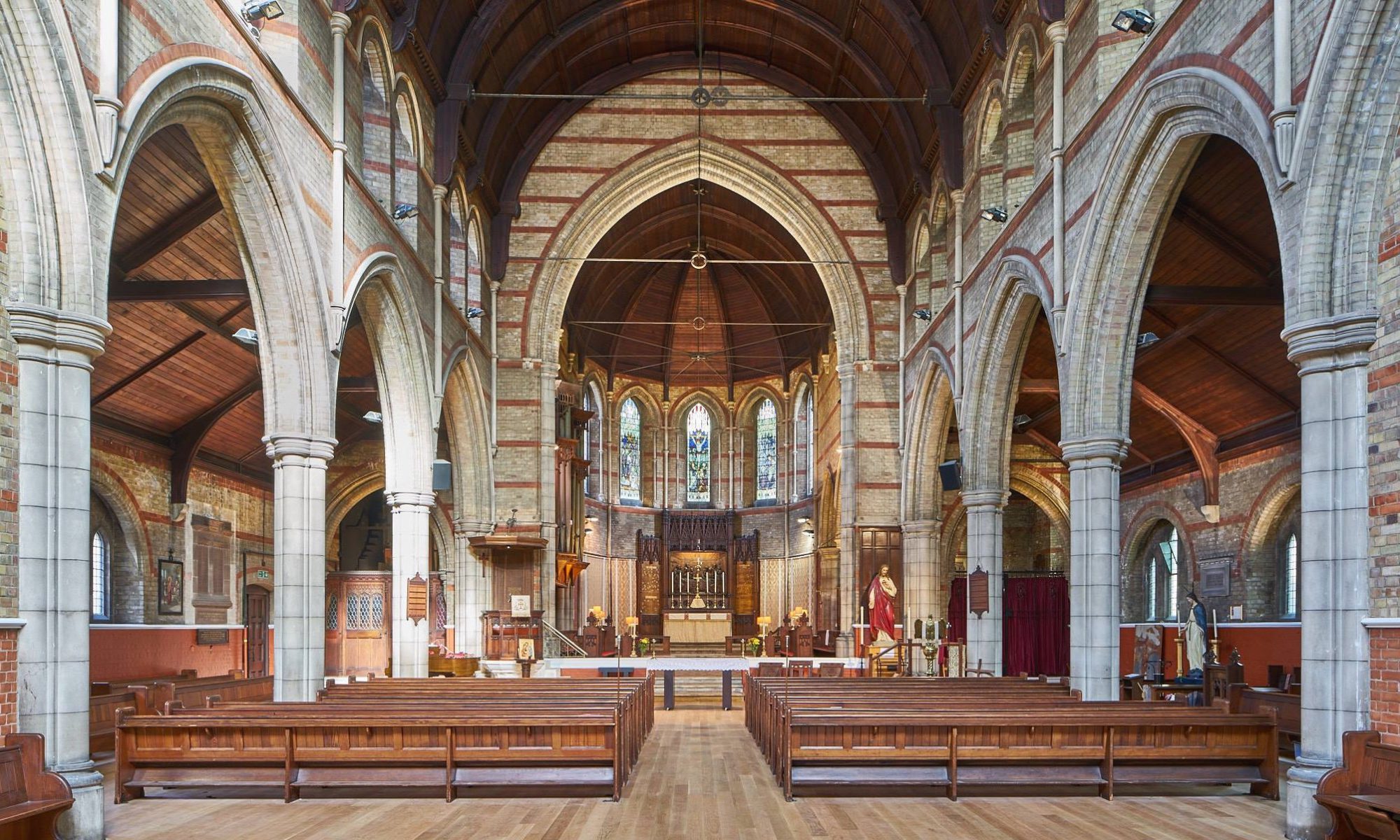
Christmas Concert with Rhian Lois
https://pay.sumup.com/b2c/Q8R1A7GC
Rhian Lois, Soprano; an acclaimed Opera singer who currently performs with the English National Opera and around Europe and America. We are so privileged to have Rhian and her Mother Delyth Hopkins Evans (also famous in the Opera world) Sing for us at our Family Christmas Concert, and she looks forward to sharing her gift with you all.









